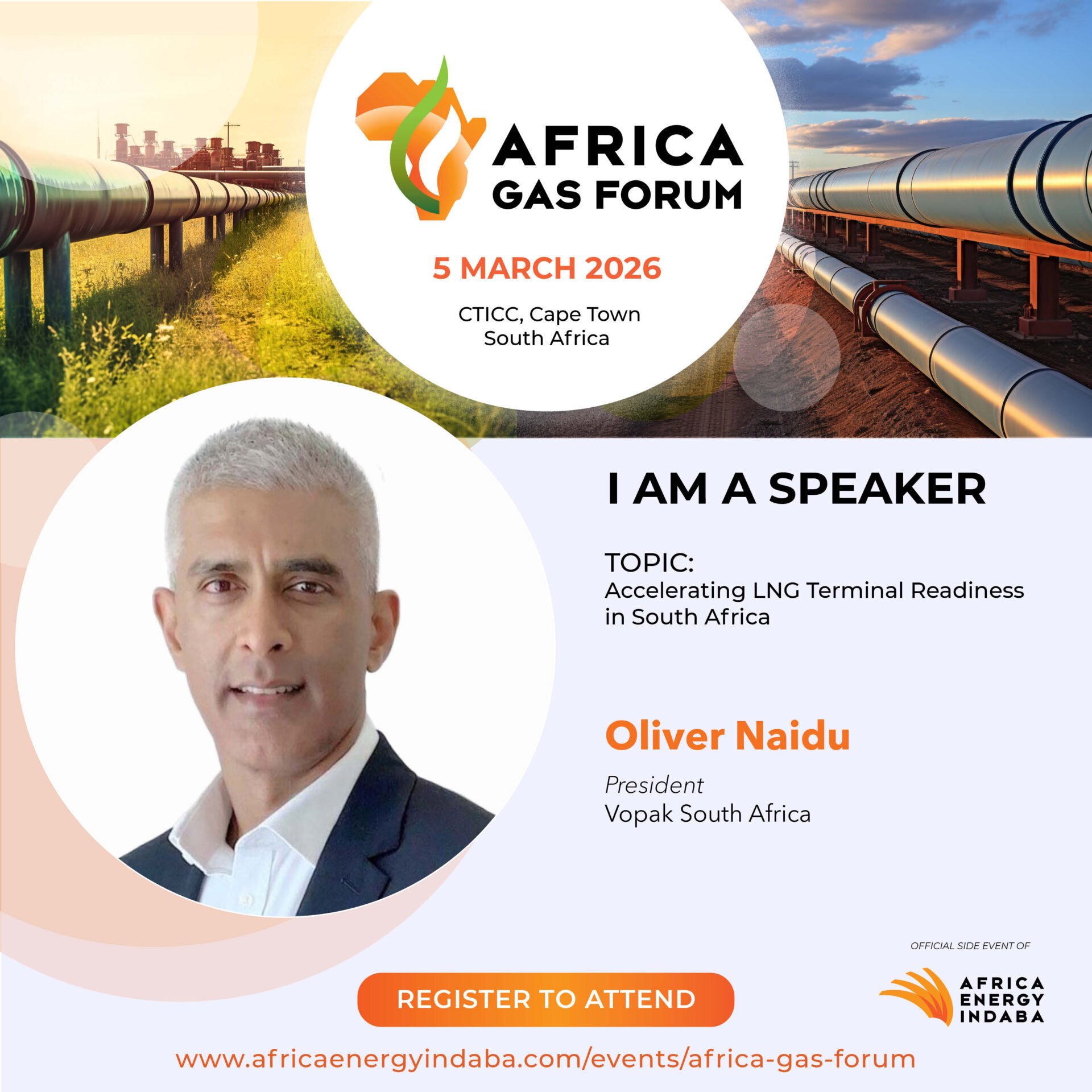How it Began
On 10 January 2024, Transnet National Ports Authority (TNPA) appointed the Vopak Terminal Durban & Transnet Pipelines consortium as the preferred bidder to develop and operate a liquefied natural gas (LNG) terminal at the Port of Richards Bay in South Africa.
Specifically, the consortium was appointed to design, develop, construct, finance, operate and maintain the LNG terminal in the South Dunes Precinct at the Port of Richards Bay for a period of 25 years. We strongly believe that the terminal is set to change the economic dynamics of the port city, the KwaZulu Natal Province and introduce an alternative source of energy as South Africa battles an energy crisis and transitions towards decarbonization.
The proposed LNG terminal plans to serve the South African market with an LNG import solution to help provide energy security and accelerate the decarbonisation journey in two phases.
Environmental Stewardship
On 21 August 2024, the first public meeting was held at Richards Bay Public Library to formally introduce the project to the community and all stakeholders. This meeting provided a crucial platform for open dialogue, allowing the community to voice concerns and ensuring that all feedback was thoroughly addressed. Such engagement is vital for transparency, ensuring that everyone involved understands the project's potential impacts and the opportunities it will create. Our goal is to ensure that the benefits of this project extend far beyond its physical infrastructure, leaving a lasting, positive impact on the local community.
To ensure that all relevant stakeholders are adequately informed about the project, a second virtual meeting was held on 08 September 2024. This allowed key stakeholders who were unable to attend the physical public meeting to be fully briefed, ensuring comprehensive inclusion and participation.
Stakeholder Engagement
The proposed LNG Terminal project is guided by the South African National Environmental Management Acts (NEMA), ensuring rigorous protection of environmental integrity at every stage, from the initial application to the construction and operational phases. The project is led by a team of registered Environmental Assessment Practitioners (EAPs) and specialized experts who will conduct thorough studies and risk assessments. This approach ensures that our precious natural resources are protected, with potential environmental impacts carefully evaluated and mitigation measures put in place to prevent any harm to the environment.
Additionally, the project will require several key environmental permits, including a Water Use License (WULA), an Atmospheric Emissions License (AEL), a Coastal Waters Discharge Permit (CWDP), and a Dumping at Sea Permit (DaSP). These permits underscore our commitment to environmental stewardship and adherence to South Africa's rigorous environmental regulations, ensuring that the project is conducted responsibly and sustainably.
Project Timeline



